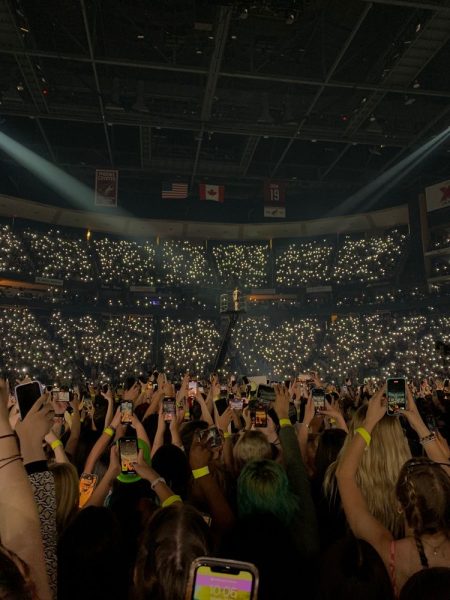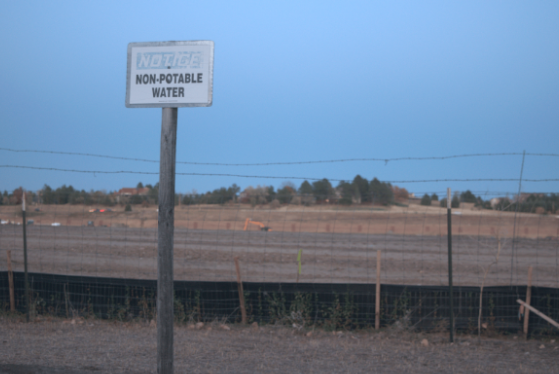Seeing Yourself In History: Ethnic Studies Should be a Year Long Course [OPINION]
Ethnic Studies is supposed to take a deep dive into the many experiences of minorities in America, but if the class is only a semester-long, how will students be able to learn and absorb the information about these marginalized groups fully?
![Seeing Yourself In History: Ethnic Studies Should be a Year Long Course [OPINION]](https://ghschronicle.com/wp-content/uploads/2023/03/IMG_3044.jpg)
When attending a predominantly white school, minority students are often stuck learning a lot about history that they don’t directly relate to or impact them. American Ethnic Studies, a course that Grandview offers, provides those learning opportunities for minority students. Unfortunately, it is only one semester long.
For some context, ethnic studies is a course that studies the underrepresented races and ethnicities in America. It goes into studying both the oppression and issues that these groups faced in America and also the achievements they have accomplished over the years.
Due to Ethnic Studies being a brand new elective though, it can only be a semester-long and that is also because it is an elective. Usually, electives are only a semester long.
Ethnic Studies is supposed to take a deep dive into the many experiences of minorities in America, but if the class is only a semester-long, how will students be able to learn and absorb the information about these marginalized groups fully?
Dan Taylor, the teacher who is over the course, expresses the issues concerning that the class is only a semester long.
“I feel that a true limitation of this course is that I, as the teacher, am tasked with covering a large amount of history and experience in roughly 35-40 class periods,” Taylor said. “Each group we discuss – African Americans, Asian Americans, and Hispanic/Latino Americans [while also leaving out indigenous populations] – deserves their own semester-long focus.”
Students are faced with not learning the right amount of BIPOC history that they should in the classroom because of how short it is.
A study from Stanford University has proven that Ethnic Studies has helped students perform higher academically, feel more invested in their schools and community, and also feel a stronger connection to themselves, their families, and their overall backgrounds.
Having a longer course whether it be a semester-long to multiple levels could help performance levels tremendously but more importantly, minority students will finally feel included in their education.
Despite the challenges of having a limited amount of class periods, Mr. Taylor is able to make a fun and engaging class for the students. From units about understanding yourself and learning more about your background to units about power and oppression, Taylor allows students to still learn more about their history and others than what a regular history class would provide.
His dedication to teaching his students about the history of other ethnic groups shows throughout the student feedback about the class.
“I loved having a class where I can learn about the POC experience in America that other history classes don’t teach us. I always really loved the field trip and the food in class was good too,” junior Liz Guerrero said.
It is quite important that schools have courses that are centered around different cultures and races, students should feel included and just as important as their White counterparts when it comes to learning about American history.
“One of the things that I want students to take away from this class is that our community [Aurora and Denver] has a distinct place in our nation’s history,” Taylor said. “What has happened to our state’s marginalized communities through systems of oppression are important for students to learn and understand.”


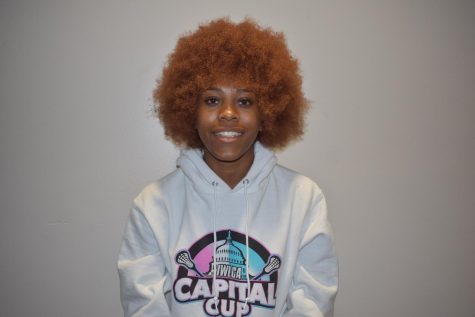

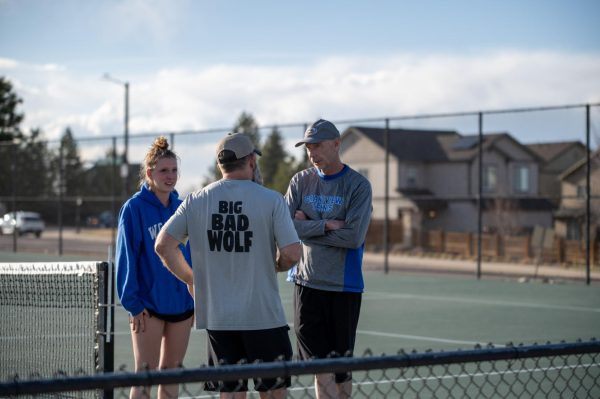
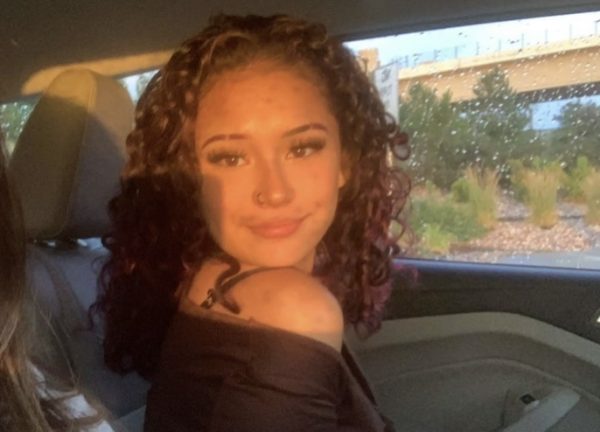
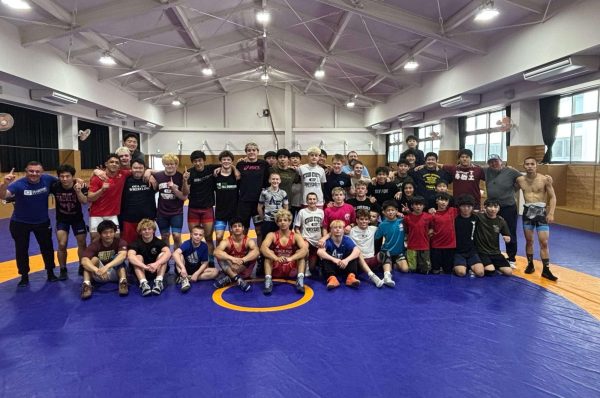
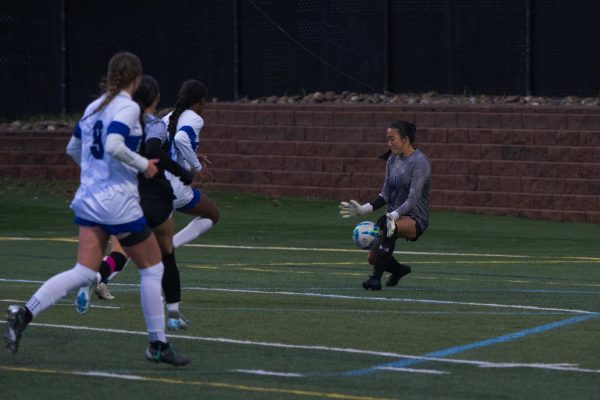
![Executive Order: Ending Radical Indoctrination in K-12 Schooling [OPINION]](https://ghschronicle.com/wp-content/uploads/2025/04/Screenshot-2025-04-23-at-2.51.41 PM-600x337.png)
